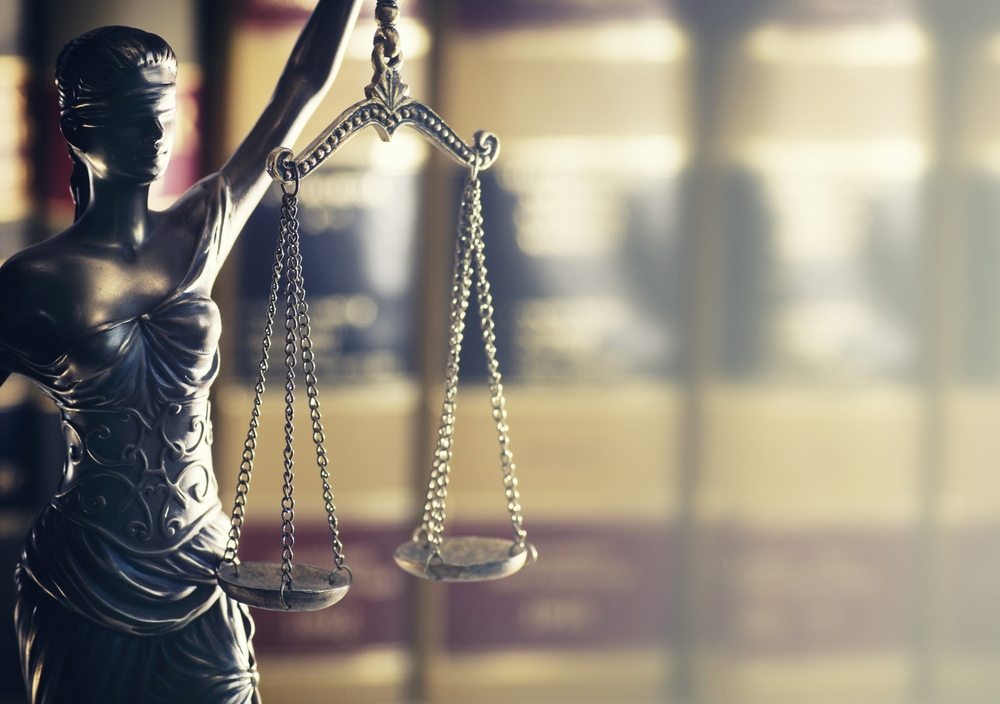OPINION: Leading conservatives reacted to the clear result in the same-sex marriage postal survey by flagging a wind-back of anti-discrimination protections. This has predictably, and rightfully, received a scathing response. Sensing defeat, they have changed tack. Cabinet ministers are now calling for Parliament to include a general protection for religious freedom in the same-sex marriage law, or to enact a separate "religious protections" bill in the new year.
The initial attempt to use same-sex marriage as a Trojan horse for discrimination on religious grounds was troubling. We should be well past the point where a business can deny service because of the religious beliefs of the proprietor. Few Australians want to live in a country where a baker, cinema or cafe can refuse to serve a same-sex couple, or a divorcee or adulterer. Allowing such conduct would undermine the tolerance and respect that fosters social harmony.
Despite this unpromising start to the debate, there is a good point to be made about the poor state of Australian law in preserving religious freedom. This is protected by section 116 of the constitution, which provides four guarantees, including that the Commonwealth may not make any law "prohibiting the free exercise of any religion".
Section 116 has proved to be a frail and ineffective shield. Despite several attempts, the High Court has never been convinced to use this section to strike down a law. And in any event, the section applies only to laws passed by the Federal Parliament, and not to any law enacted by the states. As a result, the states are free to target people for discrimination based on their religion, such as by banning the burqa or other forms of religious dress.
The gaping holes in religious protection reflect the mindset of the 1890s. It was decided then in drafting the constitution that state governments should be free to restrict religious liberty. For example, it was argued that they must be able to restrict the activities of Seventh Day Adventists, who might otherwise undermine the sabbath by having "all the theatres and all the music halls in Australia open on Sunday".
Australian law fares poorly when it comes to religious liberty. The International Covenant on Civil and Political Rights spells out the international consensus on the need for protection. This is reflected in the national laws and constitutions of every democracy except Australia. The constitution of Canada is typical in stating that people have fundamental freedoms including "freedom of conscience and religion".
The right way forward is to protect religious freedom in a law that also recognises other fundamental rights.
The weakness of Australian law when it comes to religious liberty is longstanding and well known. Coincidentally with the same-sex marriage debate, Parliament's Joint Standing Committee on Foreign Affairs, Defence and Trade has conducted an inquiry into "the status of the human right to freedom of religion or belief". This process has been running for the best part of a year, and its findings may be well timed for debate in the new year.
This parliamentary committee should recommend better protection for religious freedom. However, this should not be by way of a stand-alone right in a same-sex marriage law or separate act. This would introduce a different problem by privileging religion over other rights, such as freedom of speech and the right to equality. This would make sense in a theocracy, but not in a secular nation like Australia that embraces diversity of belief and recognises the separation of church and state.
Freedom of speech, for example, deserves equivalent protection. Without this, we risk the ability of people to speak freely, and critically, about religious matters. Australia should avoid any move towards reviving the importance of criminal offences such as blasphemy. Religious freedom must also not be used as cover to wind back historic gains towards equality made by women and other groups.
The right way forward is to protect religious freedom in a law that also recognises other fundamental rights. Only a broader human rights law of this kind can ensure proper and measured protection for religious interests. This would provide long overdue protection for all of the freedoms that underpin a free and democratic Australian society.
George Williams is Dean of Law at UNSW.
This article was originally published in the Sydney Morning Herald.

